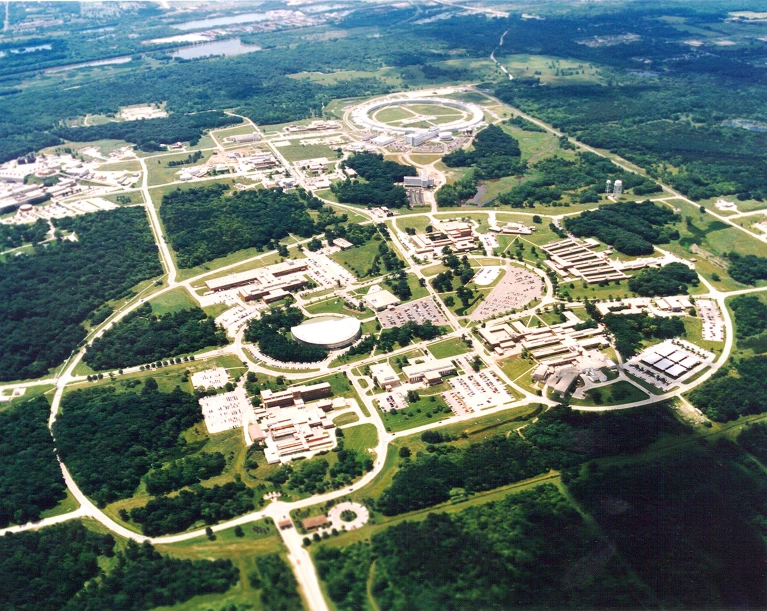
Li Yan,, Director of Institute of Sci-Tech and Cyber Security Studies, China Institutes of Contemporary International Relations
Dec 10, 2025
The success of the Manhattan Project was the result of specific historical conditions. Its model of concentrating resources to achieve a single technological breakthrough doesn’t fit the characteristics and competitive landscape of the AI era.
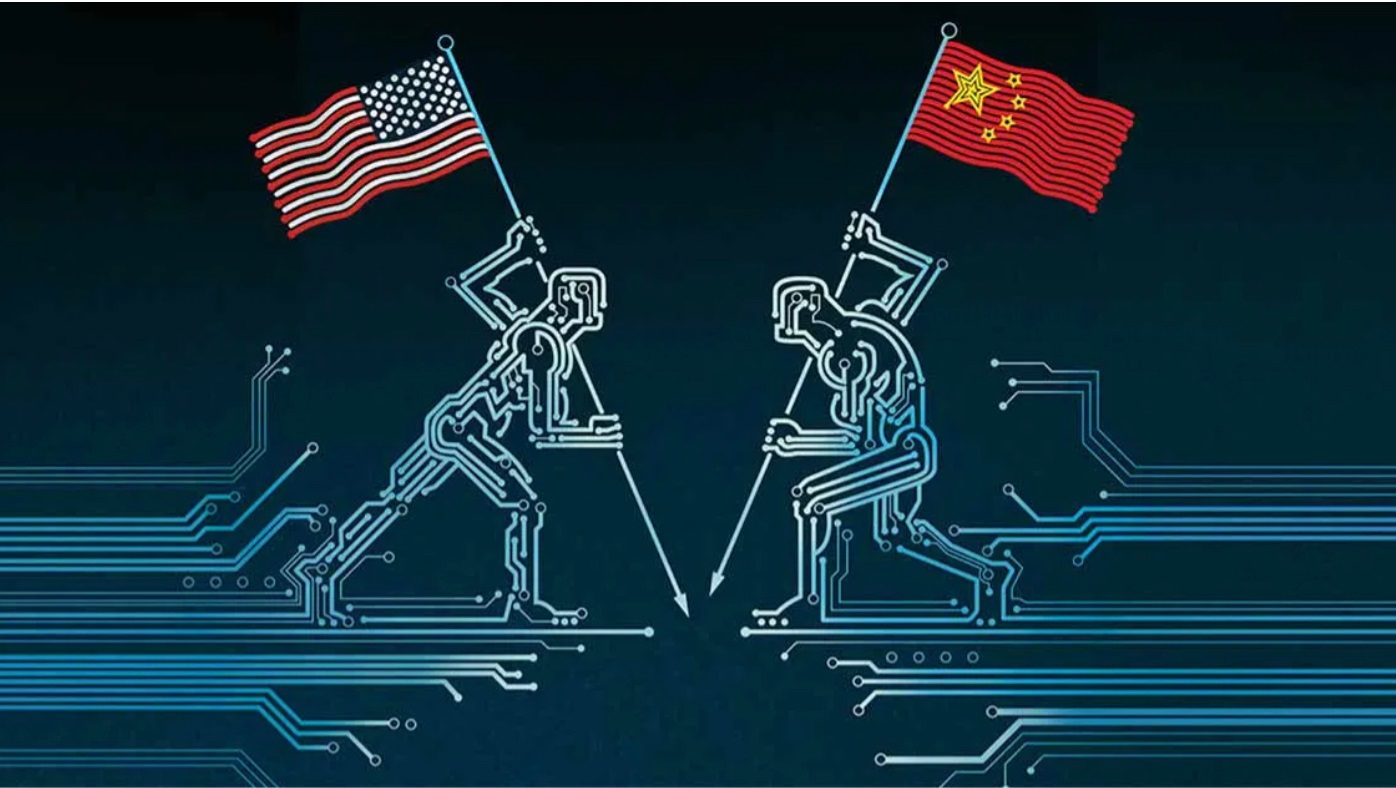
Nancy Qian, Professor of Economics at Northwestern University, Founding Director of China Econ Lab
Dec 09, 2025
As geopolitical tensions rise, competition for the cutting-edge science and talent that underpins advanced technology has heated up. The United States, China, and other major powers now regard leadership in areas like AI, semiconductors, quantum technologies, and biotechnology as central to military capability, economic security, and ideological influence.
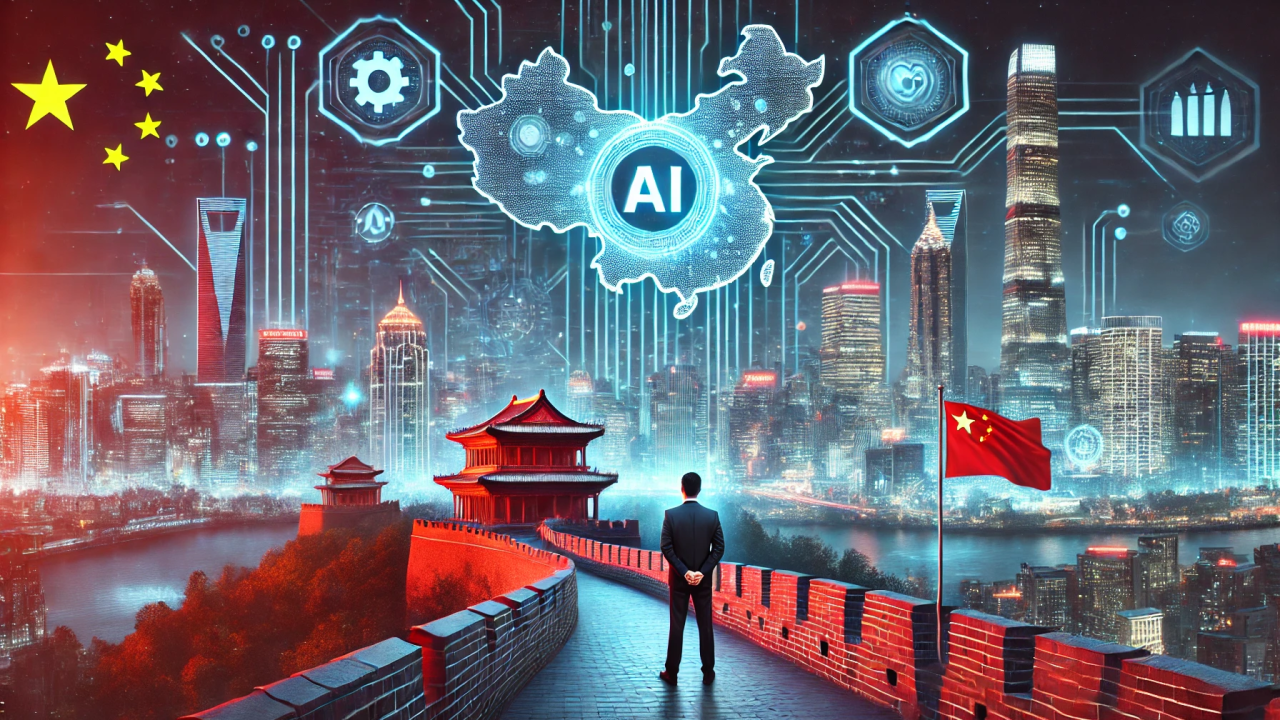
Ghulam Ali, PhD, Monash University, Australia
Oct 28, 2025
Advanced technologies, especially artificial intelligence (AI), semiconductors, and quantum computing, have emerged at the heart of most nations’ national strategic planning. China also developed national plans for technological breakthroughs. However, unlike most other countries, China’s current plans are heavily influenced by unprecedented US export curbs on acquiring technology. These steep and targeted export curbs are intended to prevent China from acquiring high technologies to maintain the US monopoly. They started during the first term of US President Donald Trump (2017-2021), continued during the Biden administration, and intensified since Trump’s second term.

Christopher A. McNally, Professor of Political Economy, Chaminade University
Sep 19, 2025
The U.S. and China are locked in a new “Battle for the Commanding Heights,” centered not on ideology but on control of critical technologies such as chips, AI, and robotics. While the United States retains major advantages, China’s hybrid model of state guidance and private entrepreneurship gives it powerful momentum, and America risks losing its edge if it underinvests or misreads the competition.
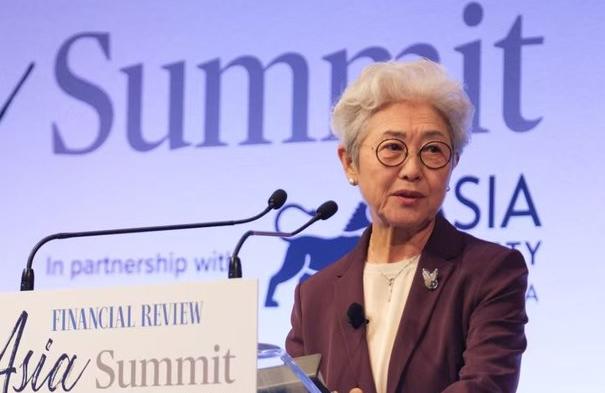
Fu Ying, Founding Chair of Center for International Security and Strategy, Tsinghua University; China's former Vice Minister of Foreign Affairs
Sep 12, 2025
Maintaining peace and stability in Asia and adjacent regions — fostering friendly and cooperative relations — is essential for China’s own security and prosperity. The focus must be on peace, development and building a community with a shared future.
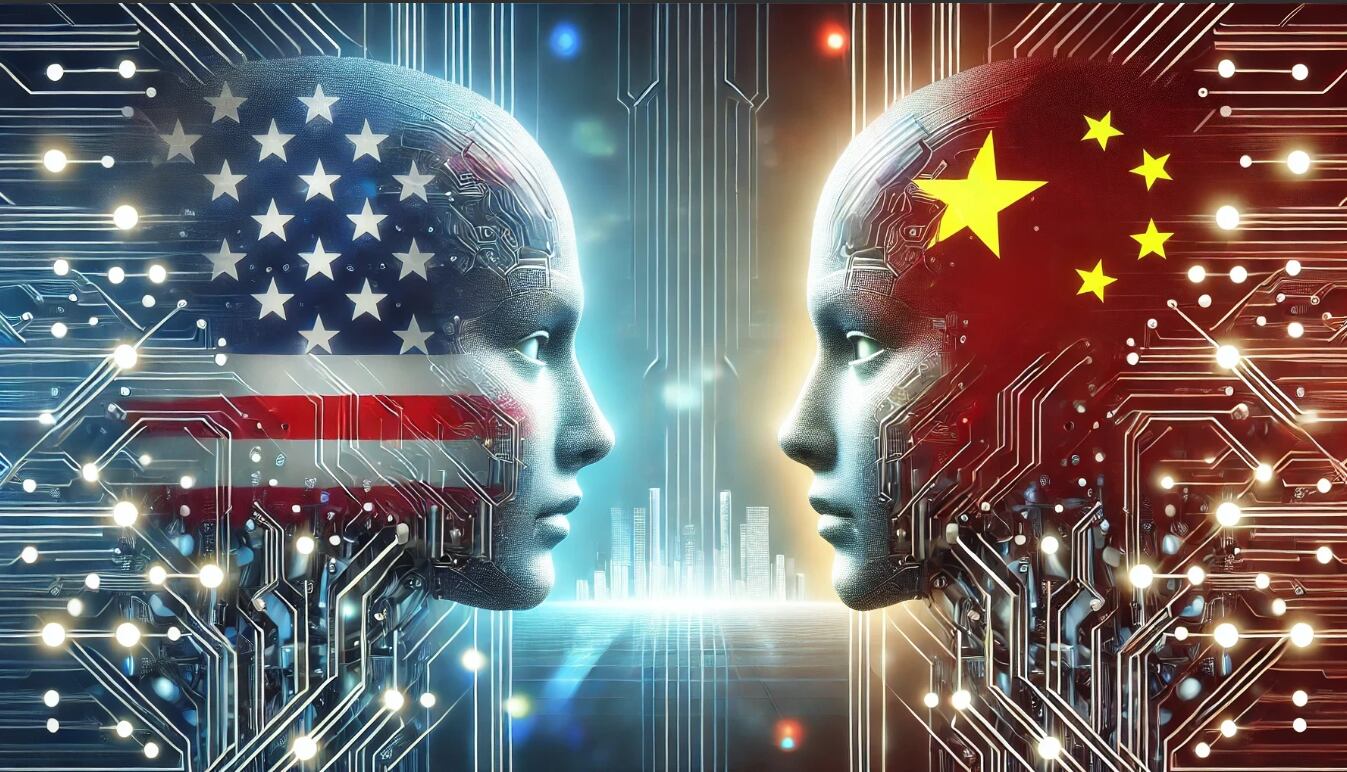
Xiao Qian, Deputy Director, Center for International Security and Strategy at Tsinghua University
Sep 09, 2025
America’s AI Action Plan reveals the close ideological alignment of the Trump administration with the “tech right,” such as permissionless innovation, anti-woke AI and pro-capital innovation culture.
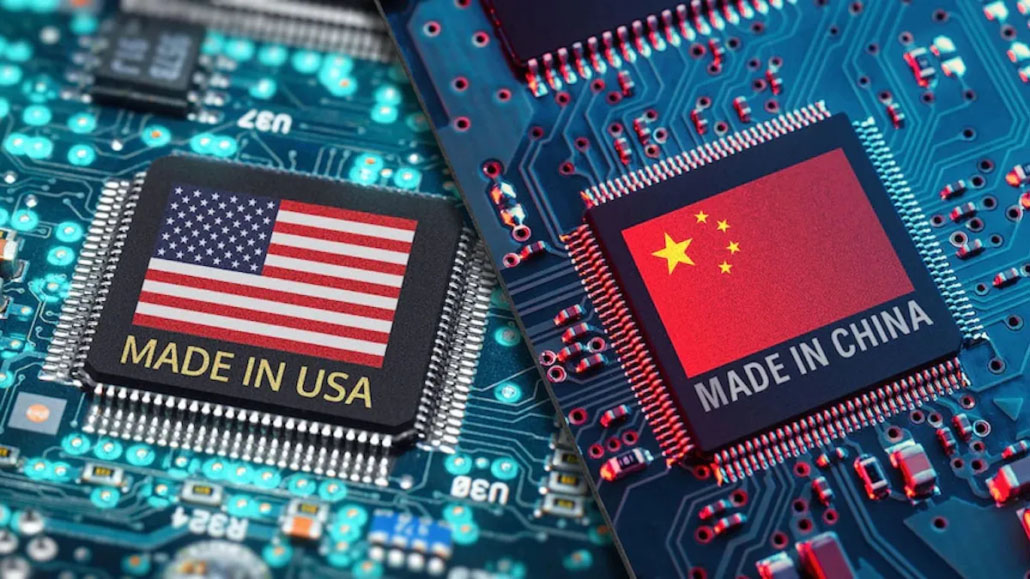
Eric Harwit, Professor, University of Hawaii Asian Studies Program
Aug 15, 2025
China’s industrial policy, including its “Delete America” initiative and major state investments, has secured dominance in legacy chips and reduced reliance on U.S. technology. While still dependent on American AI chips, Chinese firms like Huawei are quickly developing competitive alternatives, threatening U.S. chipmakers.

Wang Dong, Professor and Executive Director, Institute for Global Cooperation and Understanding, Peking University
Zhang Xueyu, Research Assistant, Institute for Global Cooperation and Understanding at Peking University
Aug 07, 2025
The country is steering artificial intelligence toward a more balanced, secure and inclusive development path. In doing so, it is contributing to a global development trajectory that is more intelligent, equitable and sustainable.

Han Liqun, Researcher, China Institutes of Contemporary International Relations
Aug 01, 2025
In the high-tech center of the world, technology and capital are moving from merely lobbying Washington to reshaping it, a trend that poses ongoing challenges to the structure of political power in the United States.
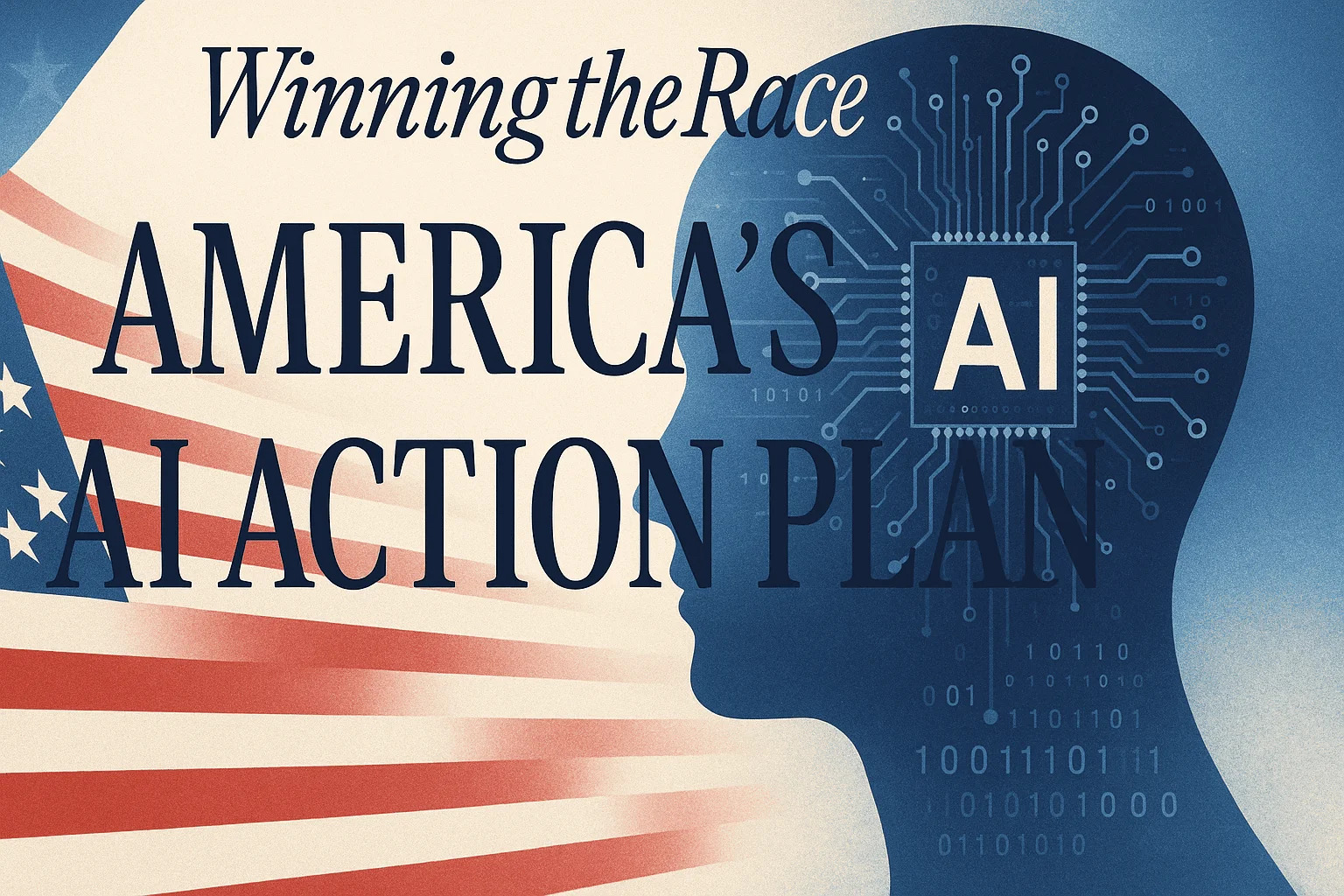
Leonardo Dinic, Expert in Geopolitics and International Business, the Future of Work, and Emerging Technologies
Aug 01, 2025
In July 2025, the U.S. and China released national AI strategies with global aims: the U.S. ties AI exports to political alignment, while China promotes open cooperation with fewer conditions. These contrasting approaches reflect broader political differences and may give China an edge in global AI influence.
Back to Top

- China-US Focus builds trust and understanding between the U.S. and China through open dialogue among thought leaders.
- Our Offerings
- Topics
- Videos
- Podcasts
- Columnists
- Research Reports
- Focus Digest
- Stay Connected
-
Thanks for signing up!
- Get the latest stories from China-US Focus weekly.